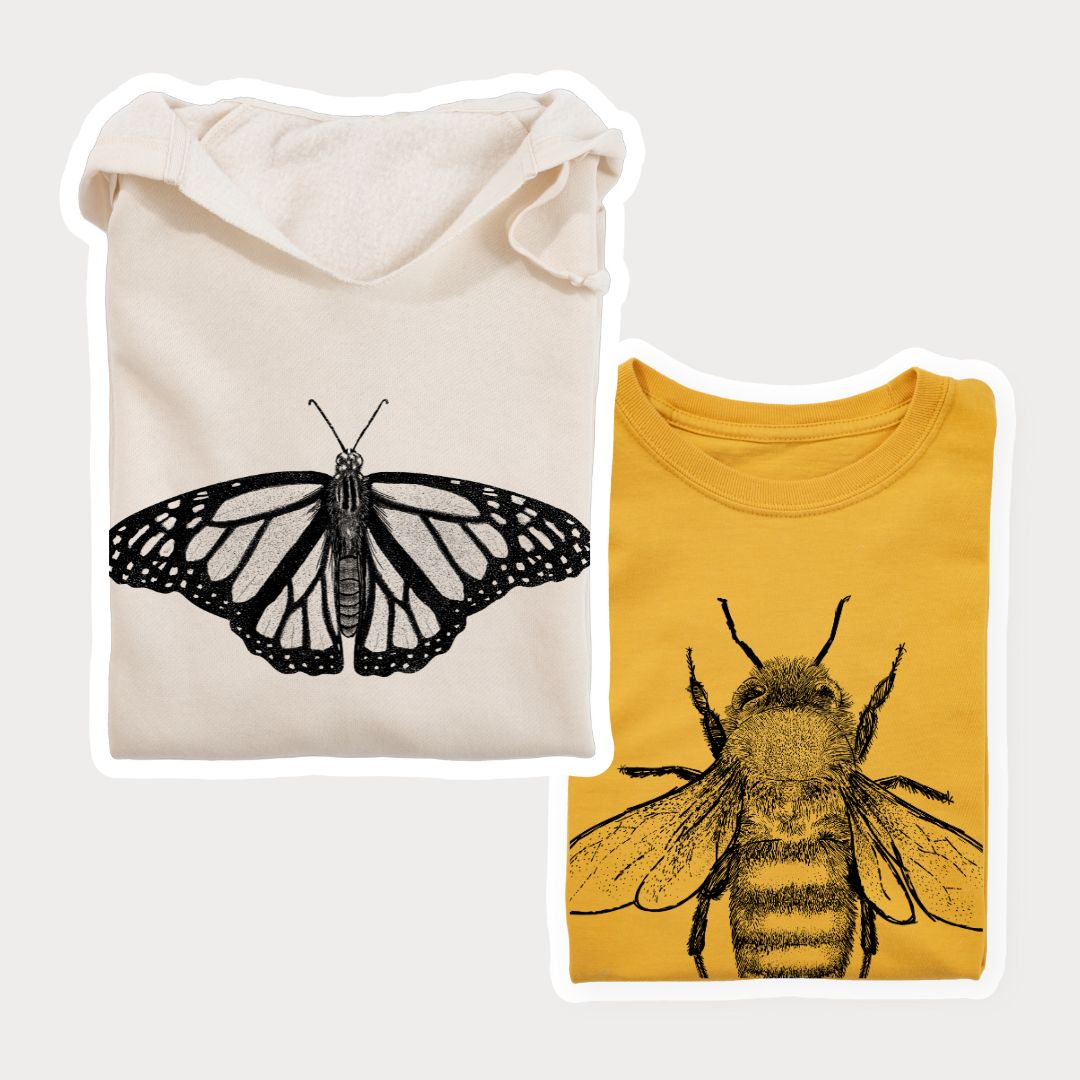Can Octopuses Change Color? Discover Their Amazing Superpower!
Imagine this: You're swimming in the deep, dark ocean, just you and the gentle hum of the water swirling around. Suddenly, out of nowhere, a rock comes to life, swirls into a kaleidoscope of colors, and zips away faster than your brain can say, "What was that?" That, my friends, was an octopus (Octopoda). And yes, octopuses can change color and are downright magical at it.
You might be thinking, "Isn't color-changing more of a chameleon thing?" Well, sure. Chameleons have their color-matching game down, too, but let's not underestimate our eight-legged sea-dwellers. Octopuses are the reigning champs of the ocean's color-changing league. They can transform their appearance at the drop of a hat.
So how do they do it? Let's look at the world of octopus color-changing magic! (For more fascinating octopus facts, check out this blog post.)

Meet the Color-Changing Champions: Chromatophores
First up,let’s talk about chromatophores. No, that's not a Hogwarts spell, though it sounds like one. Chromatophores are special pigment-filled cells that octopuses and their cousins, squid and cuttlefish, use to change color. These cells expand or contract based on signals from the octopus's brain, and just like that - poof! - they go from blending into the background to sporting a flashy new look.
Imagine having a wardrobe that instantly changes colors and patterns to match any environment or mood. (Jealous yet?) Whether they're trying to blend into the seafloor or intimidate a potential predator, these chromatophores have got it covered. And don't worry, octopuses have a few more tricks up their tentacles. We'll get to that in a second.
And if you've ever wondered what the differences are between octopuses and squid, check out this blog post: Octopus vs Squid.

But Wait, There's More: Iridophores and Leucophores
Just when you thought it couldn't get more impressive, octopuses take it up a notch. They also have iridophores and leucophores. If chromatophores are the everyday magic, these two are like bonus superpowers.
- Iridophores reflect light and produce iridescent, shimmering colors - metallic blues, greens, and purples. They're like the ocean's built-in disco lights.
- Leucophores work like mirrors, reflecting ambient light and helping octopuses match their surroundings even better, especially in low-light situations. It's as if they have their stealth mode!
Together, these cells create an impressive, ever-changing display that can go from muted camouflage to a bold "don't mess with me" stance in seconds.

Color-Changing For... Drama?
Okay, now that we know how octopuses change color, let's discuss why they do it. (Because octopuses are nothing if not dramatic.) Here are a few of their top reasons:
- Camouflage: This is the big one. Octopuses are masters of hide-and-seek. Need to blend in with a rock? No problem. Disappear into a coral reef? Easy peasy. Their ability to mimic their surroundings is so convincing that even the most observant predators (and humans) often swim right past them.
- Communication: Yes, octopuses talk through color! While they don't have social Zoom meetings like we do, they send messages to other sea creatures. They can turn bright or dark to warn off predators, such as sea otters and seals, or show they're ready to mate. It's like having a giant LED mood ring covering your whole body.
- Startling Predators: When in doubt, go big! Or, in this case, go bright. Octopuses sometimes flash bold colors to scare off potential predators. It's the aquatic version of shouting, "BOO!"
- Mood Swings (but make it underwater): Octopuses have feelings, too. They can change color based on their mood. Feeling cranky? They might turn darker. Feeling curious or excited? Bright colors might take over. They wear their hearts (and their anxiety) on their sleeves - or, more accurately, on their squishy, rubbery bodies.

Can We Talk About Texture, Too?
Hold up - did we mention that octopuses don't just change color? They can also change the texture of their skin to mimic their surroundings. As if turning the right color wasn't enough, they can make their skin smooth to blend into a sandy seafloor or bumpy like a coral. It's like the ultimate cosplay - but on a whole other level.
And, fun fact: Their skin can even detect light! That's right; octopus skin can sense the brightness of the environment around it. It's like their skin has eyes, which is both impressive and a little creepy.

Why Aren't Octopuses Using This To Become Superheroes Yet?
Given all this shape-shifting, light-reflecting, color-popping goodness, octopuses could be the Avengers of the ocean, right? Maybe, but they seem pretty content with their underwater lives. Plus, they're busy outwitting predators like sharks, eels, and dolphins. That's a full-time job on its own.
Fun side note: An octopus once escaped its enclosure at a New Zealand aquarium by squeezing through a tiny hole and slipping back into the ocean - probably after turning a stealthy shade of aquarium gray. These creatures are not just color-changing wizards; they're also escape artists. Add that to the list of things octopuses do better than us.

Octopus Color Change: The Best Camouflage or Nature's Street Art?
Whether octopuses are blending in or showing off, their color-changing abilities are nothing short of breathtaking. Scientists are still learning more about how these clever cephalopods control their mesmerizing displays. One thing's for sure: the octopus deserves its place as one of the most incredible creatures in the sea. They might not be turning invisible to save the world. Still, they're acing the hide-and-seek championships of the ocean.
So, keep your eyes peeled next time you're at the beach or snorkeling in tropical waters. You might spot an octopus - though if it doesn't want you to, good luck.

Bonus Fun Fact: Why Eight Limbs?
Why stop at color-changing when you can have eight arms, right? Octopuses use their eight limbs to explore, hunt, and taste their surroundings (yep, their suckers have taste receptors). Each arm can operate somewhat independently, making them the ultimate multi-taskers. Combine that with their color-shifting abilities, and octopuses are like the Swiss Army knife of the sea - if a Swiss Army knife could disappear in plain sight.

The Takeaway: Octopuses Are Awesome
Color-changing, texture-shifting, mood-expressing, taste-exploring octopuses are fascinating and a reminder of how mind-bogglingly incredible nature can be. And while we humans are stuck with wardrobe changes and mood swings that require words (and sometimes ice cream), octopuses color-shift their feelings away. Wouldn't that be handy?
So, yes, octopuses can change color - and they do it better than just about anyone.
















Leave a comment (all fields required)